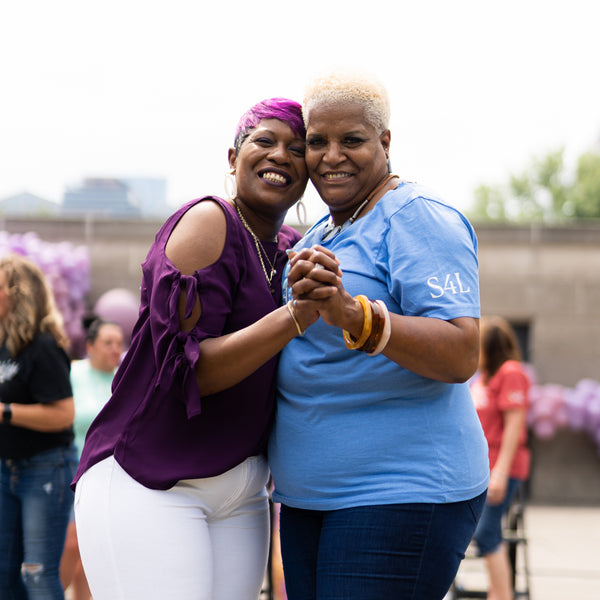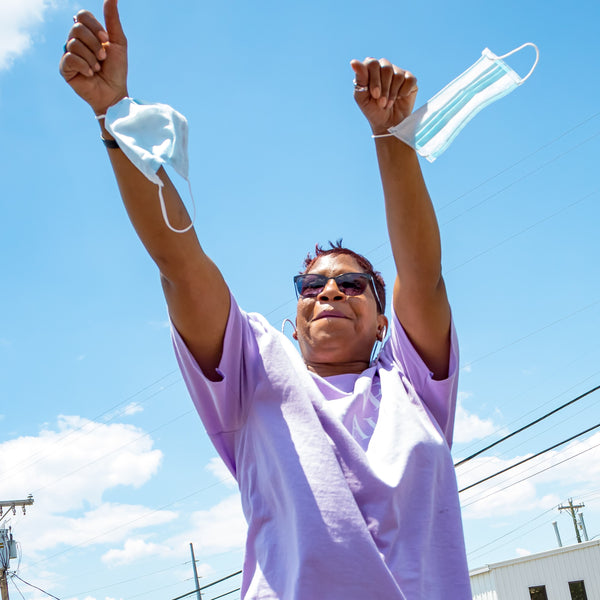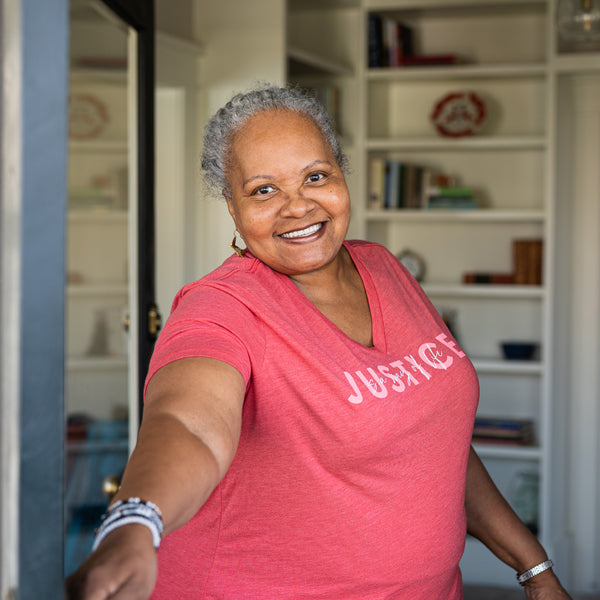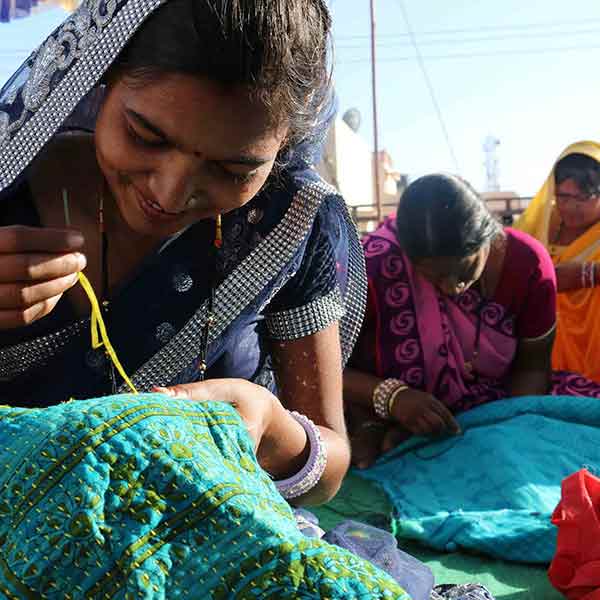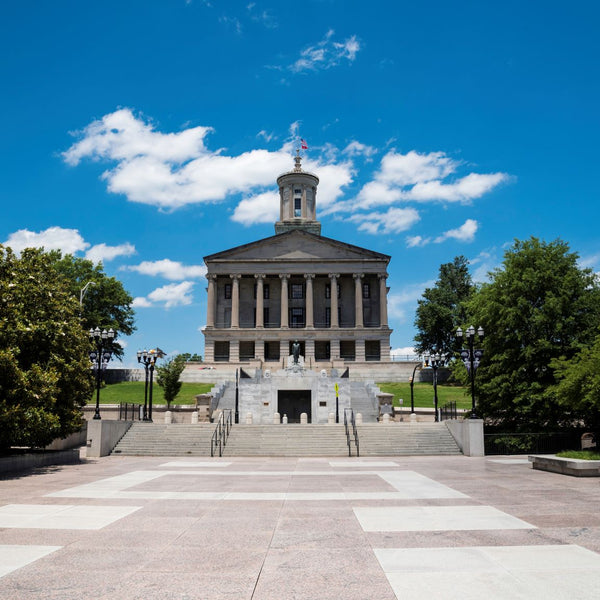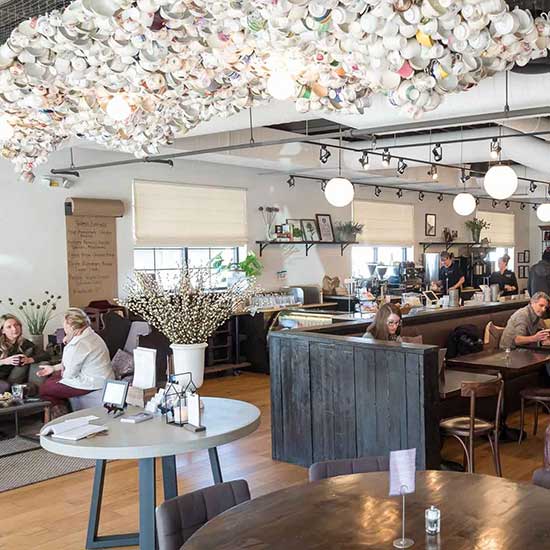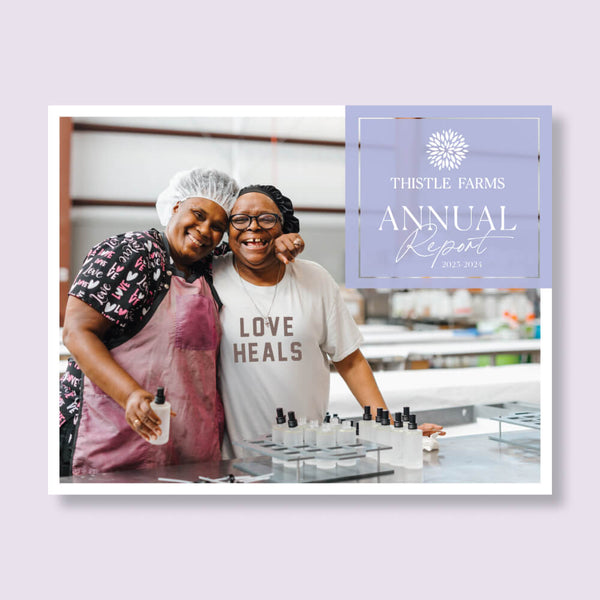Looking Beyond Binaries: The Case for Partial Decriminalization of the Sex Trade
Over the last few years, there has been a buzz around the need to address and ultimately end the harms experienced by people in the sex trade. Too often, however, this issue is framed as black and white – a choice between the current, prohibitionist system in which all parties are criminalized, and full-scale decriminalization, which effectively would legalize all aspects of the industry.
This binary outlook fails to recognize a third, more thoughtful approach to the issue, one that has swiftly become the leading policy response toward the sex trade across the globe: partial decriminalization. Unfortunately, this popular and more nuanced approach is rarely covered by U.S. media despite its growing popularity across the world. Instead, U.S. readers are only offered full decriminalization or legalization as the default progressive response toward prostitution. Such an approach was featured in a recent article by this outlet, "The Case for Decriminalizing Sex Work," which relied heavily on a recent Whitman-Walker Institute study.
Yet neither the story nor the study fully represents the perspective of many sex trade survivors, and it would be wrong to conclude that all advocates embrace decriminalizing the whole industry. In fact, the only area of consensus reached by those on all sides of this issue is the urgent need to end the arrest and incarceration of prostituted people. It remains highly controversial, however, to decriminalize the entire industry – a move that would remove criminal accountability for pimps, sex buyers and other facilitators, thereby increasing sex trafficking.
Indigenous sex trade survivor Bridget Perrier says,"It's not the laws that are killing us, it's not the streets that are killing us, it's the men that are killing us." What her observation and abundant research makes clear is that the sex trade is inherently dangerous. Offering legal protection to sex buyers and exploiters – the people who are inflicting the most harm – threatens to further subjugate marginalized people in the industry.
A study of women in Washington, D.C.'s sex trade found that 80% had been threatened with a weapon, 61% had been physically assaulted, 44% had been raped in prostitution – overwhelmingly by sex buyers – and 42% met the criteria for post-traumatic stress disorder. This is not a system that can be reformed or made safe – and certainly not under full decriminalization that aims to repeal all laws and regulations governing the industry. Rather than address this public health issue, such a legal framework would trigger a public health crisis.
D.C. recently confronted the sex trade's dependence on violence and inequality in 2019 when several D.C. Council members introduced controversial legislation that would fully decriminalize the commercial sex trade in the District, including acts of pimping, sex-buying and operating brothels. After a 14-hour hearing, where survivors and service providers on all sides testified, the harms were made clear to the D.C. Council and the public: Full decriminalization of prostitution in a major metropolitan U.S. city would greatly expand the industry, drive up the demand for paid sex by inviting more men to the market both locally and via sex tourism, and increase the need to fill the demand – threatening to pull in more women and girls of color via trafficking.
We know that the majority of those bought and sold in the commercial sex trade are women and girls of color, including LGBTQ+ youth of color. In contrast, the vast majority of sex buyers are white men. Reports from women and youth in D.C.'s sex trade indicate that sex buyers in D.C. are also overwhelmingly wealthy, white men who intentionally travel to parts of the city, like Ward 7 and Ward 8, where many women and youth of color live, looking to exploit them.
Tragically, trafficking and exploitation have exploded since the start of the COVID-19 pandemic, exacerbating existing inequities and further marginalizing communities of color. Now, aid providers like Courtney's House are operating above capacity, with four to six new referrals of exploited youth every week – and that's under the current legal scheme in D.C. Imagine how exponentially these numbers would rise if sex-buying and pimping were to suddenly become legal.
What's clear from listening to advocates on all sides of this issue is that decriminalizing people in prostitution is necessary and long overdue. However, the true progressive solution is to work toward eliminating this harm and reducing the number of people involved in the industry by offering them services, housing and other exit strategies.
The best path toward this goal is partial decriminalization, or the Equality Model. This model has been implemented in a series of countries, including Norway, Iceland, Sweden, France, Ireland, Israel and Canada, not only to better support people in the sex trade, but also as a key tool to prevent sex trafficking. Just last month, such legislation was introduced in New York state. With this approach, we can achieve the shared goal of protecting those engaged in prostitution, while guarding against future exploitation by maintaining the legal prohibitions against acts of pimping, paying for sex and brothel-owning.
